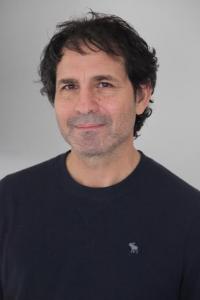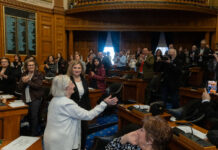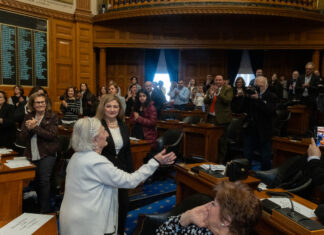By Aris Janigian
Go back a couple of generations and nobody called us “white,” so we had no way of really knowing about our privilege. We were Armenian and Christian, third-class citizens — that we knew for sure. The first-class citizens were Turks and Muslims. They killed one-and-a-half million of us.
My paternal grandfather had a wife and two kids. After it was all said and done, only my grandfather was left.
He escaped to America in 1918, but not as a white person — not yet. It wasn’t until 1925 that an Armenian successfully argued in United States v. Cartozian that he was white. The first Armenian arrived here in 1618 and settled in Jamestown, so it was some 300 years before we enjoyed white privilege.
In America, my grandfather married a widow with four kids, and named the two children they had together after the two that had been slaughtered. In a place called Weed Patch, he picked onions and later bought a farm a little west of Fresno. He had privilege. Still, from the lingering grief there were times when he’d lie in a ditch and throw dirt on himself until you couldn’t see him if you passed.
My maternal grandmother’s village was pillaged and the Armenians rounded up. A beauty, grandma was saved when a Turkish officer snatched her from the death caravan. The two had a baby. My grandma’s brother then found passage for her out of Turkey into Egypt. She crossed the Mediterranean on boat with the infant, but he died on the voyage. She buried him at sea. A white infant by a white mother.










